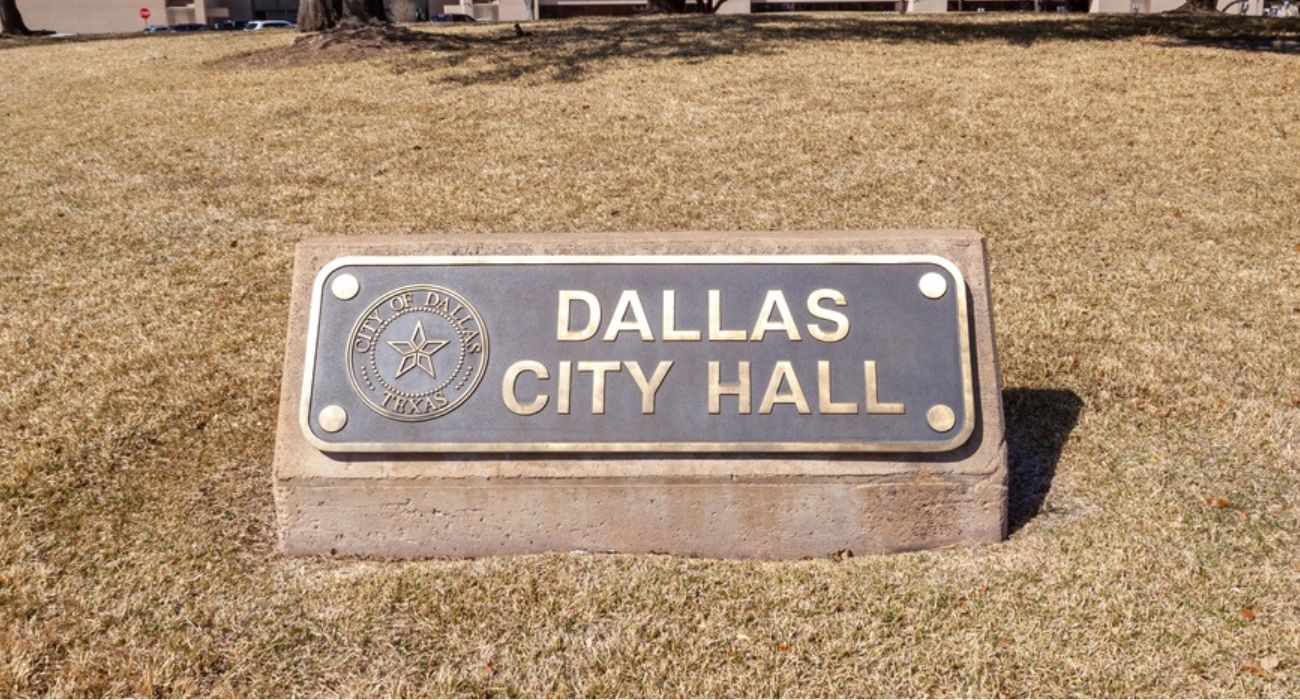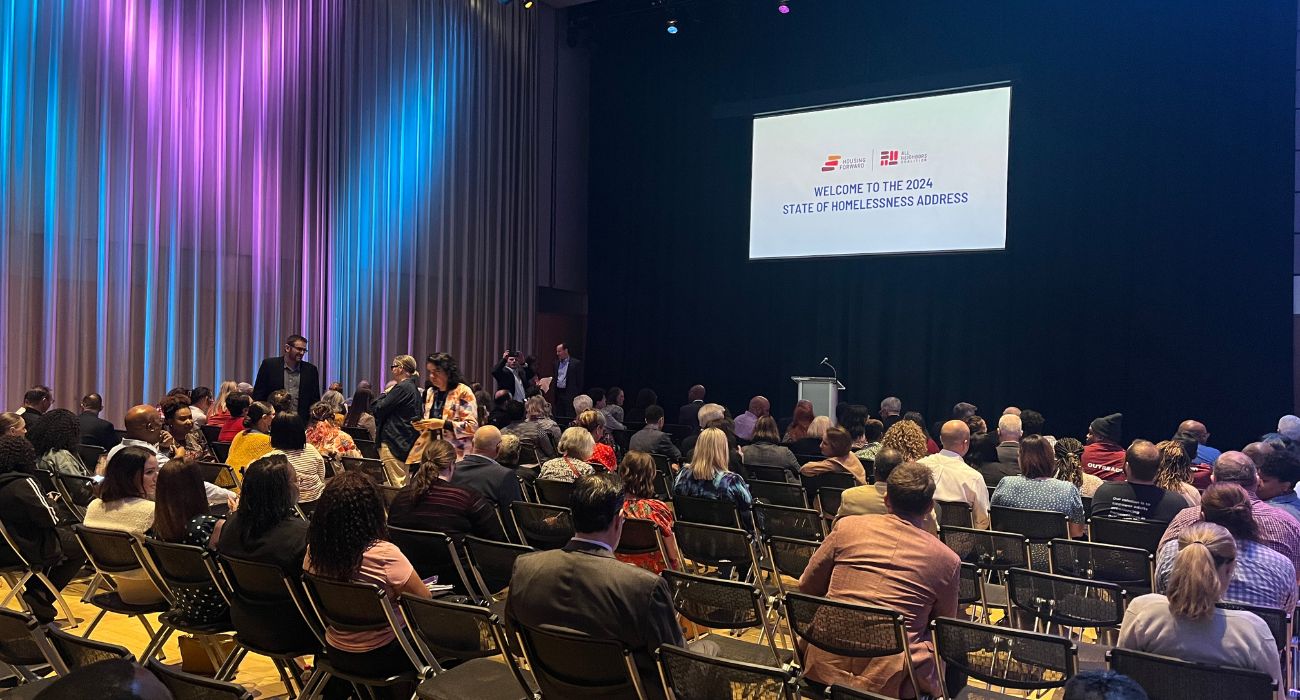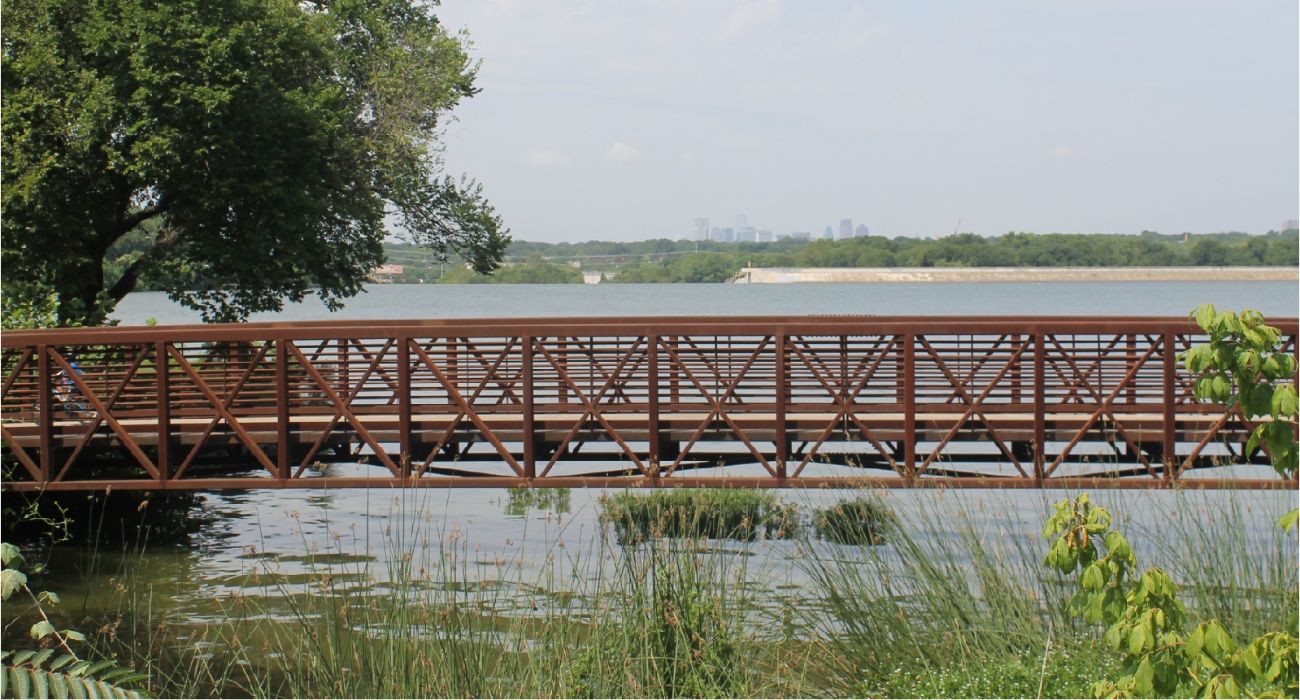Tensions were high at City Hall during a discussion about whether the City of Dallas should continue fluoridating its public water supply.
Council members criticized a lack of citations and context provided by individuals who gave a presentation on the alleged detrimental effects of ingesting fluoride. For their part, the presenters said the council members’ interest in hearing the case against fluoridation was disingenuous.
As previously reported by The Dallas Express, the Dallas City Council Quality of Life, Arts, and Culture Committee took up the issue of fluoridation last month, and committee chair Adam Bazaldua (District 7) said he wanted to hear “both sides” of the debate.
Anti-fluoridation advocates were invited to City Hall to put forth their arguments for why the City of Dallas should cease its practice of fluoridating municipal water.
Dr. Griffin Cole, Dr. John Staniland, and Professor Bruce Lanphear argued against fluoride. Among some of the points made was that while fluoride may have topical benefits for teeth, ingesting it can cause children to have lower IQs and increase the risk of other potential health problems, such as hyperthyroidism.
Roughly a dozen anti-fluoridation activists also came to City Hall to show their support for the presenters.
However, council members on the committee were not satisfied with the arguments presented. Council Member Gay Donnell Willis (District 13) critiqued the presenters for failing to provide adequate footnotes and context for the data they put forth.
“If a body of the City Council is considering an issue, it is important to consider all credible viewpoints,” Willis said in a statement to The Dallas Express. “I was disappointed that, when given the opportunity to share a perspective, [the presenters took] the misleading approach of extracting isolated lines from studies versus the more credible drawing of points from overall results and conclusions.”
During the meeting, Willis told the presenters, “I’ve got to say, coming before a governing body of the ninth largest city in America and not footnoting some of these things is so disappointing.”
“This was the opportunity to bring the A-game,” she said. “You don’t cherry-pick things. You look at results and conclusions.”
The complete presentation given to the committee can be found here.
“To come before us and pull out little pieces here and there when this was your moment is just disappointing to me,” Willis continued. She said she took the disagreement over fluoridation “very seriously” but now believes the City should continue its current practice of fluoridating the municipal water supply.
Cole told the committee he was not given enough time to present his case fully. The three presenters were given about 30 minutes in total to deliver their three separate presentations.
“I have 15 minutes [and] you want me to footnote everything? … I could talk about this all day with you. The science is there,” he said. “Adding hydrofluorosilicic acid — it does not prevent decay. It just doesn’t, and the science is clear on this.”
“I didn’t cherry-pick anything. That’s why I gave you numbers — actual numbers,” he continued. “You don’t need to point fingers at me because you think I didn’t give you enough footnotes.”
Bazaldua stepped in to defend his colleague, noting that Willis “is a duly elected member of this body” and her opinion should be taken into consideration.
He affirmed Willis’ call for “more transparent context” to the information presented.
“If we’re meant to balance out two opposing sides to an argument as policymakers, we should be given as much transparent research to sift through to do that,” Bazaldua said. “If we do some sifting of our own to find that there was a lack of context in what was cited, intent, of course, is going to be questioned.”
“There’s some validity in … the statement that this should’ve been where the A-game was,” he continued. “Instead of allowing for there to be this waste of time in talking about what an expectation was and what should’ve happened, we could be talking about the merit and the substance of what you put into your report, and that’s not what’s occurring now.”
However, Cole said he believes the members of the committee were never genuinely interested in hearing the arguments against fluoridation. He told The Dallas Express after the meeting that Willis was exhibiting “her own confirmation bias.”
Anti-fluoridation activists said there was a significant disparity between how the pro-fluoridation presenters were treated at the previous committee meeting and how Cole and the other anti-fluoridation presenters were treated on Tuesday.
“You had pro-fluoridationists last time literally giving talking points — no science provided,” said Cole. “Today, we brought science. I gave actual numbers.”
He maintained that the committee did not give him enough time to speak and added that he does not believe the committee will fairly consider ending fluoridation in Dallas.
“Honestly, I think they’ve made up their mind already,” he said. “I think they’re not going to do anything as usual … and all of the Dallas citizens are going to suffer.”
Cole said Dallas leaders have the opportunity “to truly make a difference” by ending fluoridation.
“It’s a large city. They could make such an impact, and there would be so many cities that would follow suit,” he said. “It’s a big mistake if they don’t stop it.”






